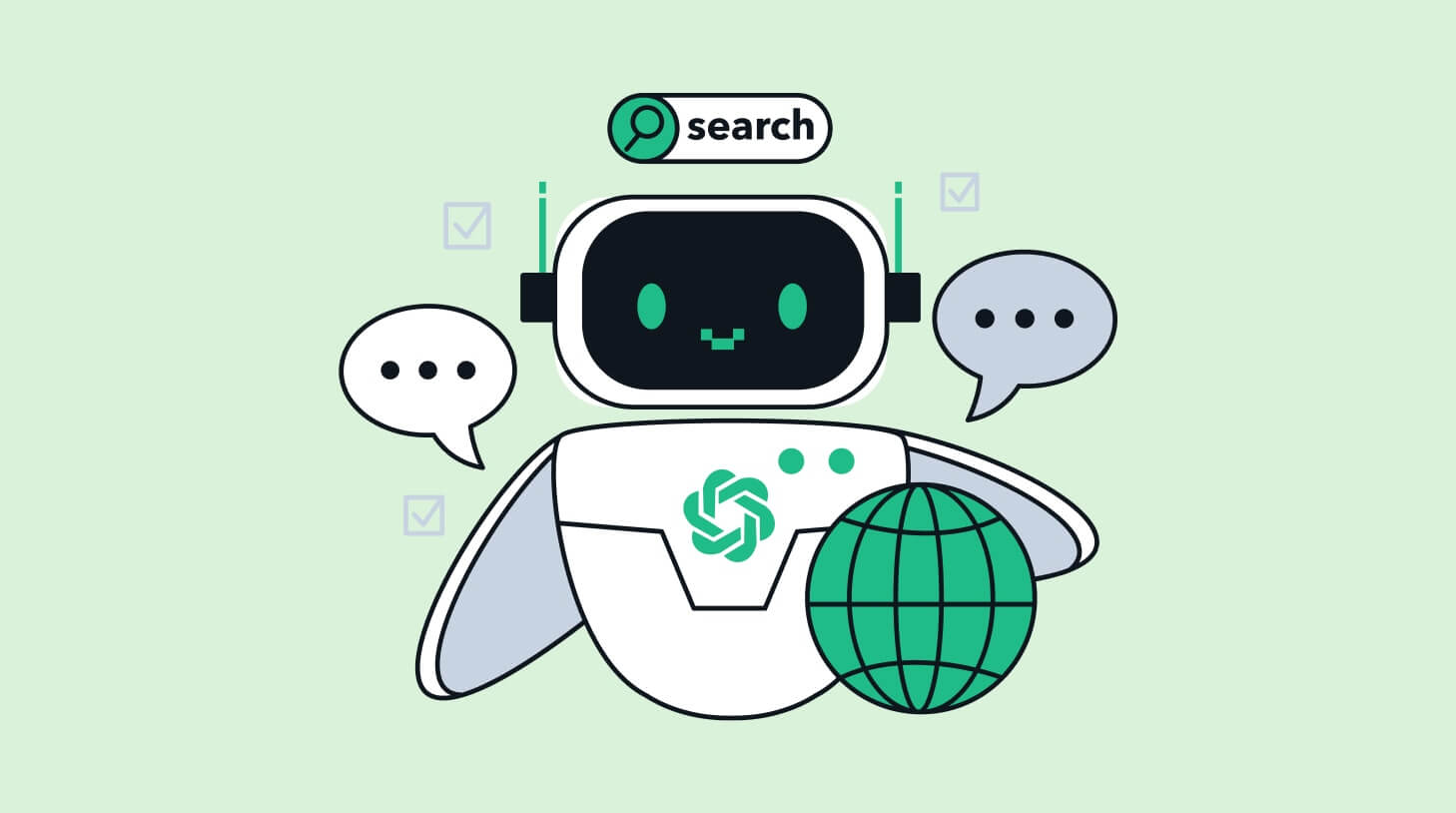Eliminating tasks from your daily work: Automation is key
Imagine your job if you got rid of all the parts you hate. Impossible, right?

Well, think about this: I’m writing this on a computer that I don’t know how to program, wearing clothes I didn’t sew, made of fabric I didn’t weave. For breakfast, I ate food I didn’t grow myself while the dishwasher washed my dishes, a robot vacuumed my floor, and a washing machine washed my clothes. When I finish this article, I’ll put food into a crockpot, and it will cook it while I do other things.
These tasks were things that most of humanity (except computer programming) had to do to keep fed and clothed. But we automated and outsourced so many tedious tasks, we now have time for fun things.
It’s highly possible that you can eliminate many of your hated job tasks as well.
For some of you, that would reduce you to strictly payday, but for most people, there are a lot of things you like about your job, and if you could just get rid of the few annoying things, life – and working life, especially – would be better.
Contents
What tasks serve little to no value?
How often do we do things because they have always been done that way? Do you generate reports that get sent to people who rarely, if ever, open them? Do you have a weekly staff meeting that could be an email?
To find out, survey your employees. Ask them to name three tasks or meetings that can be eliminated or reduced in frequency. Using a number is crucial because it sets a boundary. Without a limit, you’ll end up with a list of 153 things, most of which can’t be eliminated, or nothing because people can’t think of anything. By specifically requiring three things, you’re more likely to get your employees thinking and receive reasonable responses.
Then take the time to look at these tasks and determine if you can eliminate them. Some of them may be useless to the business’ success but are still required for legal reasons. Some of them are needed, but perhaps differently.
But, you will find things that can go away. And you can remove them from the workplace.
What tasks can you automate?
We’ve automated everything! Have we, though?
If you asked your ancestors, they would never have dreamed of a magical machine that washed their clothes for them or kept their house at a constant temperature. That same thinking applies to today’s world.
Look at ChatGPT. A few weeks ago, this didn’t exist. But have you figured out what it can do for you?
For instance, I asked it this simple question and got a helpful list:
What are ten office tasks that people think they have to do but can be automated?
-
- Email management (filtering, sorting, responding)
- Scheduling and calendar management
- Data entry and processing
- Document creation and formatting
- Invoicing and billing
- Financial reporting and analysis
- Customer relationship management
- Human resources management
- Marketing and sales reporting
- Supply chain management and order tracking
Can any of this stuff be automated? Maybe. New systems do appear all the time. There could be something cost-effective that can automate some of your work. In fact, what it can do for you is enough for a whole separate article.
So let’s focus on the overall topic: eliminating tasks from the workplace. Here are some options for you:
1. Hire a robot
What? Who needs a robot? You do.
Maybe. After all, I have a robot that vacuums my floor, and Boston Dynamics now has a robot that does this:
Boston Dynamics’ humanoid robot Atlas demonstrates its ability to move objects of different sizes, materials, and weights as it shows off its new skills pic.twitter.com/Av8sSdo2ID
— Reuters (@Reuters) January 19, 2023
Surely, that’s not going to be a cheap option for anyone, but when you think of automation, don’t forget about machines that can and will do things for you. We use machines so often that we don’t remember that many of them can be called robots.
Remember: “A robot is a machine – especially one programmable by a computer – capable of carrying out a complex series of actions automatically. A robot can be guided by an external control device, or the control may be embedded within.”
Your Alexa that you can ask politely to “Add grapes to the shopping list” can also “Schedule a meeting with Bob at 2 p.m. Tuesday,” and “Set a reminder at 3 to review invoices.” It’s a robot, even if it doesn’t resemble Rosie from the Jetsons.
I’m a fast typer, so typing makes sense for me, but if you’re not, a voice-to-text function edited by Grammarly and translated by Deepl may be just what you need.
2. Outsource tasks you don’t like
Have you checked Upwork lately? You can hire people to do just about anything. Why are you cleaning your own toilets when hiring a cleaning company may be cost and time effective? If you hate writing blog posts, stop it, and hire an expert who likes doing that.
What about marketing plans? If you’re not good at that, outsource it. Yes, outsourcing costs money, but you need to look at opportunity cost as well – what could you be doing if someone else was doing the thing you hate?
3. Watch out for task creep
When you eliminate, automate, or outsource a task, it can be tempting to bring more work in to replace it. But that can be work you don’t need.
For instance, think of all the reports you do that no one would have ever attempted before Excel appeared on the scene. Some of that is helpful, but some are simply because nature abhors a vacuum, and something fills it when you have more time.
Be careful about adding new systems to the overall workflow. Make sure they add to the success of the business and actually solve the problem at hand (such as reducing task burdens). Focus on the good parts and things you’re good at and see things improve.
Don’t worry about running out of things to do
When I was straight out of school, I got a temp job at a real estate management company. My job was to put together this report that involved a lot of calculations. I had never really used Excel before (this was – gulp – 25 years ago), but I knew it existed and I knew it could do basic calculations.
Within a week, I learned enough Excel to fully automate the report, and, well, I worked my way out of a job.
But that’s OK because it allowed me to land an HR career, which I was much better suited for.
And while automation does eliminate some jobs, this isn’t something you should be worried about. Chances are your skills can be put to better use elsewhere, and it’s unlikely that you were hired to do one repetitive task.
Freeing up time means you can now use your brain for the things only a human can do. If you can let a robot edit your grammar and outsource your PowerPoint slides to an expert who can do them in a quarter of the time it would take you. That allows you to work on things that really matter.
And that’s what’s important and the reason you want to eliminate tasks. There’s always more to do in a day than you have time for. Getting rid of the things you hate (or even just the things you aren’t good at) opens you up to so many more opportunities for success.




